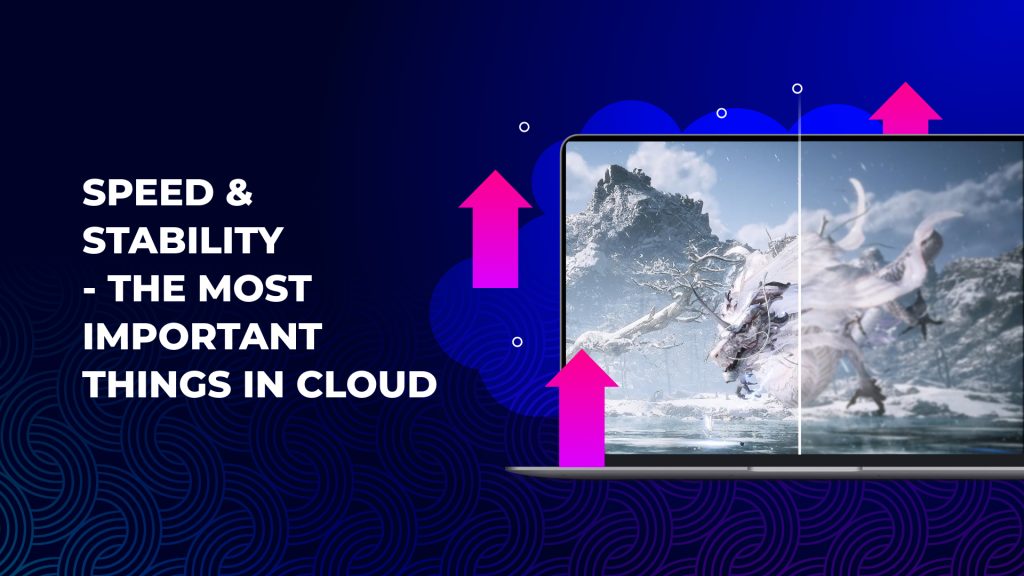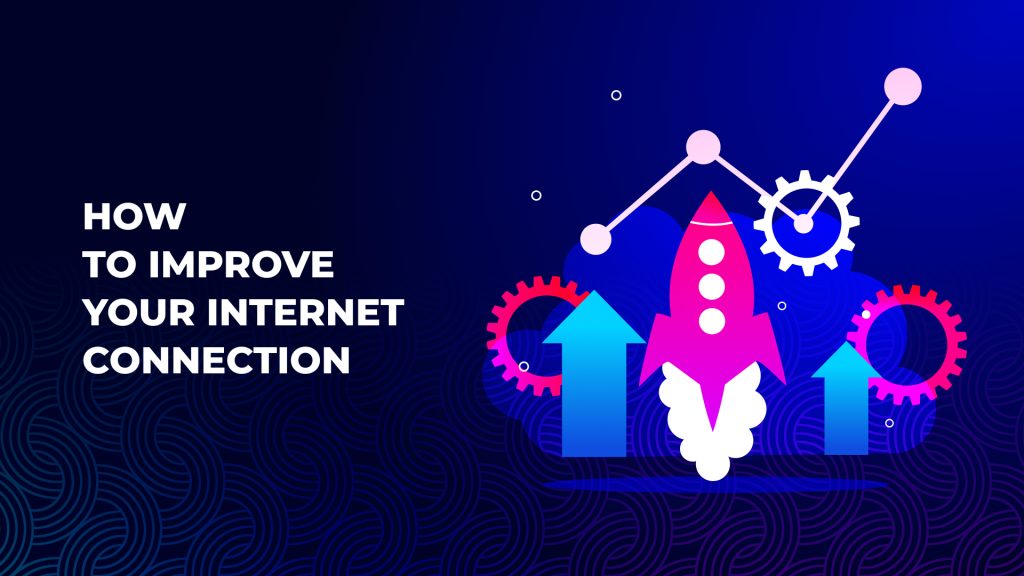How Internet Speed and Stability Impact Cloud Gaming Performance
Cloud gaming has changed how we play. You no longer need a powerful PC or console – the heavy lifting happens on remote servers, and the game streams directly to your screen. But while the cloud takes care of the hardware, your experience still depends on one key thing: your internet connection.
Both speed and stability directly affect how smooth, responsive, and immersive your gaming session feels. Understanding how they work helps you get the most out of cloud gaming – whether you’re exploring open worlds or competing online.

Speed: The Foundation of Smooth Gameplay
Internet speed defines how fast information travels between your device and the cloud. It affects everything – from how quickly the visuals load to how long it takes for your inputs to reach the game server.
A higher download speed means you’ll get sharper images and smoother motion. A strong upload speed ensures your in-game actions register instantly.
To get a stable gaming experience, you need at least:
- 24 Mbps for Full HD (1080p)
- 64 Mbps or higher for 4K streaming
Lower speeds can still work but may lead to pixelation, occasional frame drops, or small lags – especially during fast-paced gameplay. You can also check the requirements for your internet on our help page.
Stability: The Hero of Cloud Gaming
Speed isn’t everything. Even the fastest internet plan won’t help if your connection isn’t stable. Sudden drops, packet loss, or inconsistent ping can interrupt the stream – freezing your game or lowering its resolution mid-battle.
A consistent and reliable connection ensures that data flows steadily both ways. Cloud gaming depends on constant communication between your device and the server – every millisecond counts.
For best results:
- Avoid Wi-Fi dead zones
- Don’t connect via shared networks with heavy traffic
Use Ethernet if possible, especially for competitive titles

How Automatic Bitrate Helps with an Unstable Connection
When you use automatic bitrate, platforms automatically adjust the video quality based on your real-time bandwidth to ensure stable streaming.
If your internet speed dips for a few seconds, the stream may temporarily lower its resolution instead of freezing entirely. Once the connection stabilizes, it instantly restores full quality.
This dynamic approach helps maintain smoother gameplay even in less-than-perfect conditions, making cloud gaming more viable to players around the world.
How to Improve Your Cloud Gaming Connection
A few simple rules can greatly improve your streaming experience:
- Use a wired connection whenever possible
- Close other bandwidth-heavy apps or downloads
- Limit background Wi-Fi devices
- Select the closest server region to minimize latency if possible
- If you experience any issues while playing in 4K resolution, try to lower the resolution, as the high resolution may overload your network and your device, and requires a more powerful device and faster internet than a lower resolution.
- Additional tips are listed on our help page.
Final Thoughts
Cloud gaming performance depends on much more than internet speed alone. Stability, latency, and adaptive technology all play crucial roles in creating a smooth, enjoyable experience.
As networks evolve and new codecs like AV1 become standard, streaming quality continues to improve – making cloud gaming feel closer to traditional play than ever before.
And if you’re ready to see what your connection can do, you can experience it firsthand on Boosteroid – no downloads, no powerful hardware required, just instant gaming from your browser.
